Medieval justice is back in style.
A Kansas man had an archaic suggestion to end a feud between himself, his ex-wife and her lawyer.
David Ostrom of Paola, Kansas asked a judge to grant him a "trial by combat."
According to court documents reported by the Des Moines Register, Ostrom, 40, suggested to the Iowa District Court in Shelby County to allow to him to settle disputes over property taxes and child custody with his ex-spouse Bridgette Ostrom, 38, and her lawyer Matthew Hudson, "on the field of battle where (he) will rend their souls from their corporal [sic] bodies."
That's a threat if there's ever been one.
Legally and historically, a trial by combat is a Germanic tradition from the Middle Ages which allowed, "two parties to settle a dispute through combat in cases lacking sufficient evidence for a conviction," according to Business Insider.
Trials by combat came into the modern spotlight after HBO's Game Of Thrones featured one in its fourth season.
Ostrom also asked for three months to procure a sword or a katana for the duel.
The strange request follows his claim that Bridgette Ostrom and Hudson "have destroyed him legally" according to Fox News.
Ostrom did his research before going to the judge.
He reportedly argued in court documents:
"To this day, trial by combat has never been explicitly banned or restricted as a right in these United States."
Ostrom cited a 2015 incident, when New York lawyer Richard A. Luthmann demanded that the state's Supreme Court would allow his clients to partake in a trial by combat. While Supreme Court Justice Philip G. Minard did ultimately say that trials by combat were a viable option in United States courts, Minard declined to grant one.
He also mentioned a potential trial by combat that was granted by British courts in 1818. The challenger to the accused, who was on trial for murder, did not show up to fight, and the suspect was able to walk free. British Parliament took trials by combat off the table shortly after.
Hudson has refused to battle, saying that, because the fact that a duel could end in death, "such ramifications likely outweigh those of property tax and custody issues."
He added:
"It should be noted that just because the U.S. and Iowa constitutions do not specifically prohibit battling another person with a deadly katana sword, it does prohibit a court sitting in equity from ordering same."
His cheeky response also took a jab at Ostrom's original misspelling:
"Surely (Ostrom) meant 'corporeal' bodies which Merriam Webster defines as having, consisting of, or relating to, a physical material body. Although (Ostrom) and potential combatant do have souls to be rended, they respectfully request that the court not order this done."
Ostrom continued to use antiquated language and phrases throughout court documents.
Still trying to plead his case, Ostrom argued that the battle could end if an opponent yielded by "crying craven." Webster's Dictionary defines "craven" as, "lacking the least bit of courage: contemptibly fainthearted."
He attempted to taunt his advisories and tried to win the trial by a loophole:
"Respondent and counsel have proven themselves to be cravens by refusing to answer the call to battle, thus they should lose this motion by default."
The judge in the case has not yet made a decision.
Ostrom doesn't think his request will go through, but claims he is more than willing to get physical.
The Oklahoman reported his statement:
"If Mr. Hudson is willing to do it, I will meet him. I don't think he has the guts to do it."
In lieu of Ostrom's suggestion of violence, Hudson has requested of the court to suspend Ostrom's visiting rights with the children, and to have him undergo a psychological evaluation.

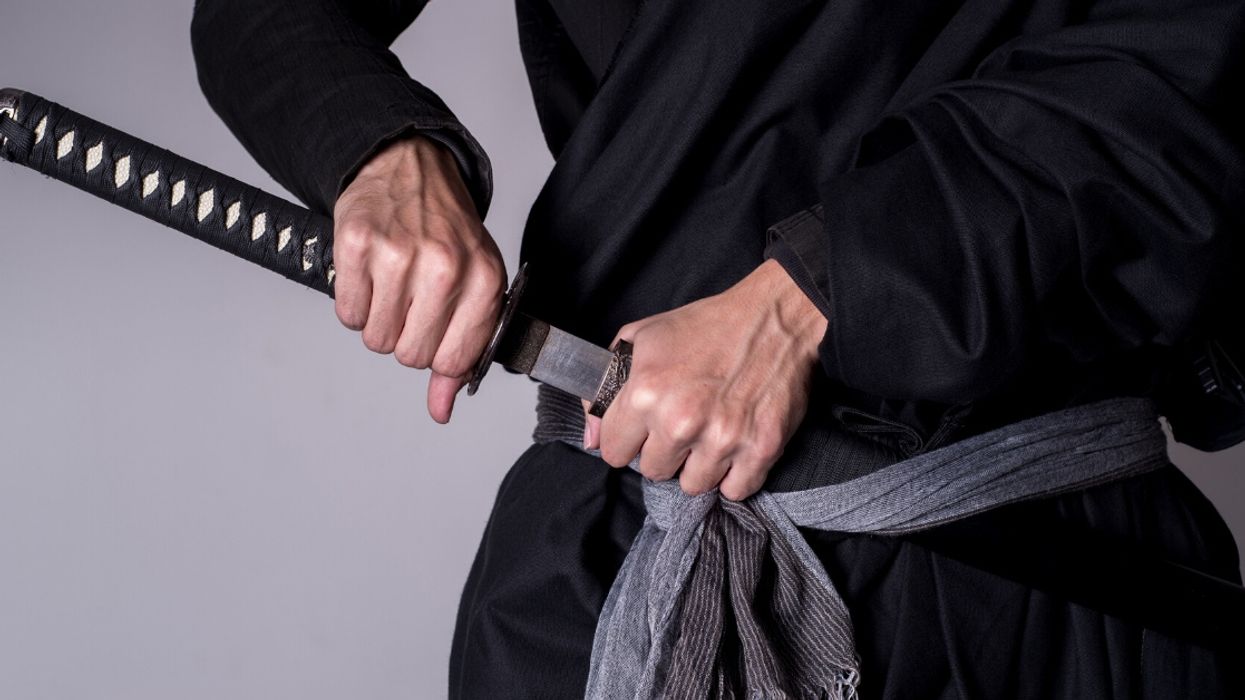

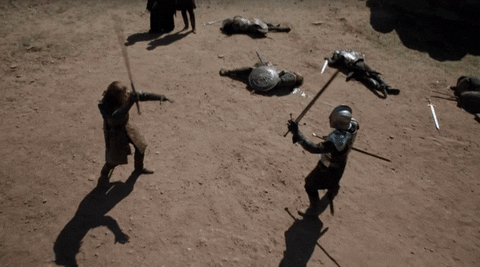

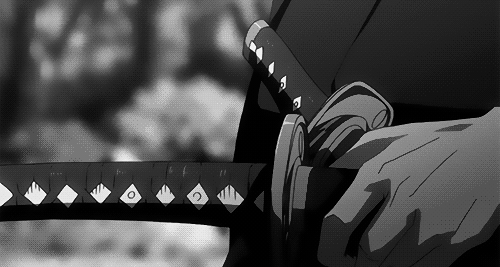





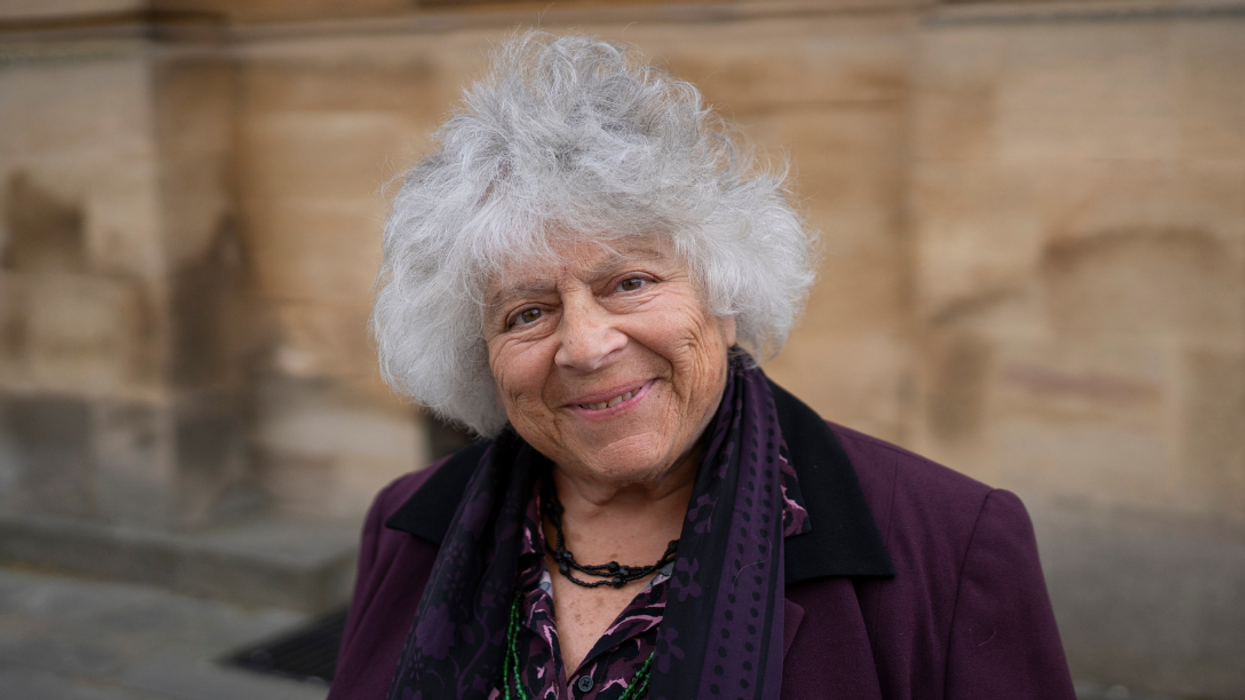




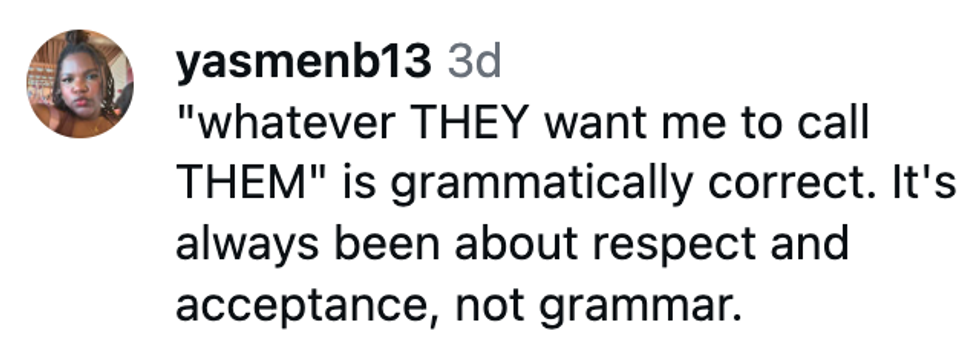

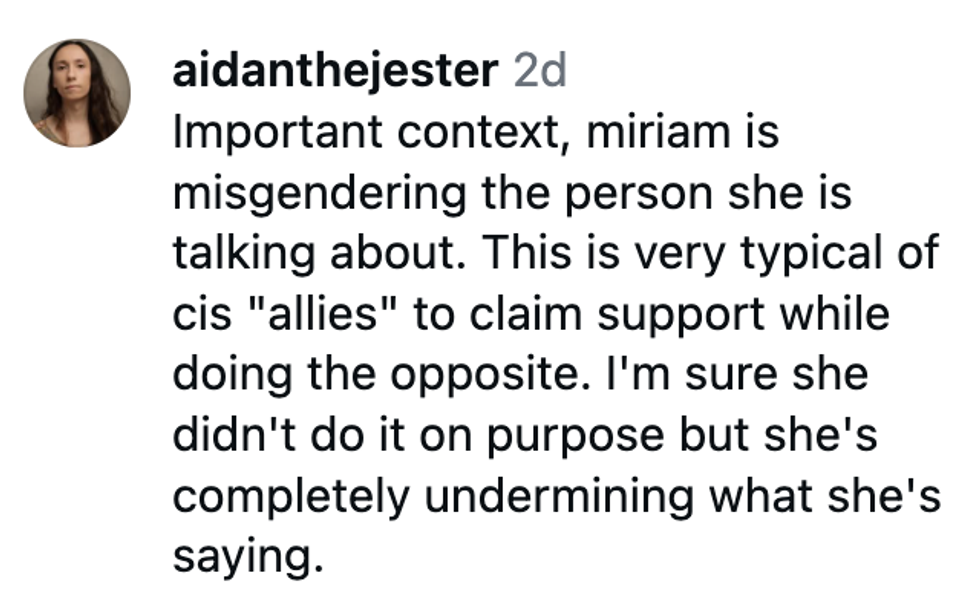













 replying to @elonmusk/X
replying to @elonmusk/X replying to @elonmusk/X
replying to @elonmusk/X replying to @elonmusk/X
replying to @elonmusk/X replying to @elonmusk/X
replying to @elonmusk/X
 Barry Manilow/Facebook
Barry Manilow/Facebook Barry Manilow/Facebook
Barry Manilow/Facebook Barry Manilow/Facebook
Barry Manilow/Facebook Barry Manilow/Facebook
Barry Manilow/Facebook Barry Manilow/Facebook
Barry Manilow/Facebook Barry Manilow/Facebook
Barry Manilow/Facebook Barry Manilow/Facebook
Barry Manilow/Facebook Barry Manilow/Facebook
Barry Manilow/Facebook Barry Manilow/Facebook
Barry Manilow/Facebook Barry Manilow/Facebook
Barry Manilow/Facebook Barry Manilow/Facebook
Barry Manilow/Facebook